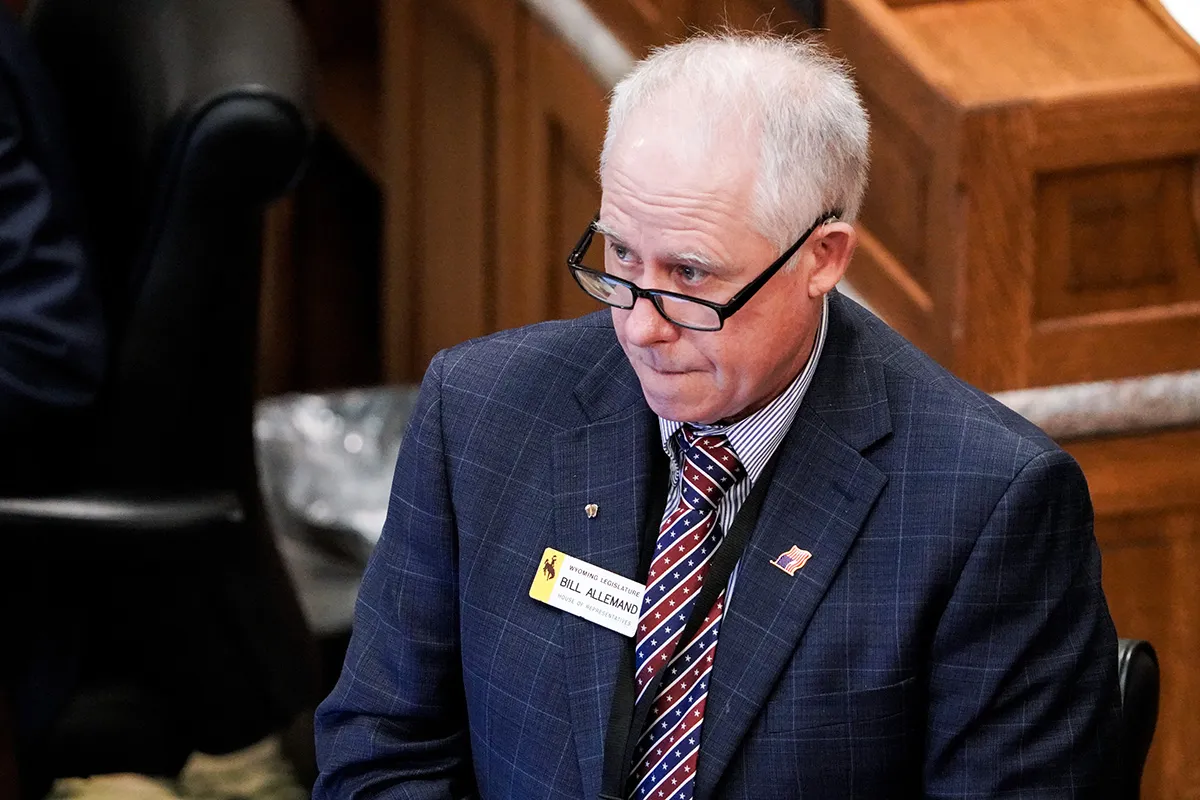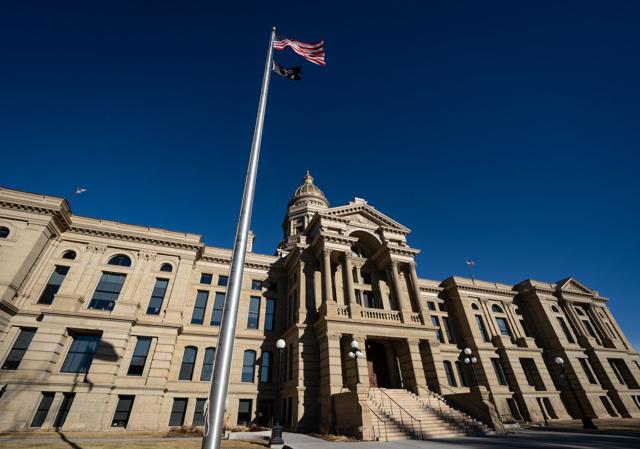Wyoming legislators are once again pursuing the elimination of the Strategic Investments and Projects Account (SIPA) in an effort to simplify the state’s budget structure and improve fiscal transparency, Gillette News Record reports.
This renewed effort comes after Governor Mark Gordon vetoed legislation earlier this year that would have phased out the account.
The SIPA fund, created in 2013 as a compromise between the executive and legislative branches, is one of several special accounts within Wyoming’s financial framework—often referred to as “coffee cans”—that lawmakers have sought to consolidate or eliminate.
In recent years, Wyoming lawmakers have made strides in simplifying the budget. In 2024, they successfully eliminated the School Capital Construction Account, and earlier this year, they dissolved the Budget Reserve Account through Senate File 168. A separate bill, SF 169, was designed to eliminate SIPA by July 2026, redirecting excess mineral revenue from the Permanent Mineral Trust Fund (PMTF) solely into the Legislative Stabilization Reserve Account (LSRA).
However, Governor Gordon used his line-item veto authority to preserve SIPA. While Gordon has long supported budget transparency, he objected to aspects of SF 169 that he said limited the governor’s ability to make informed budget recommendations.
“This was originally a compromise between a previous legislature and the then-serving governor,” Gordon wrote in his veto message, referencing his tenure as state treasurer during SIPA’s creation.
He argued the legislation undermined executive authority and departed from the account’s original intent.
One significant effect of Gordon’s veto is that all excess PMTF funds now flow into SIPA, rather than being split with the LSRA. This change is effective immediately and alters projected revenue distributions for several state accounts.
Fiscal analysts estimate that under the governor’s version, SIPA will direct approximately $470 million to the School Foundation Program (SFP) over the next six years. In contrast, under the Legislature’s original version of SF 169, the SFP would receive about $111.4 million in the first two years and nothing thereafter, with the LSRA receiving $191.6 million over six years.
Lawmakers are concerned that the veto could deplete the PMTF reserve account by fiscal year 2028, according to projections from the Legislative Service Office (LSO).
During a recent meeting of the Select Committee on Capital Financing, lawmakers voted to draft a revised version of SF 169. Sen. Larry Hicks (R–Baggs), the bill’s original sponsor, called the governor’s veto “a dilemma,” warning it could “zero out the reserve accounts.”
The committee is also considering modifying the 1.25% flow guarantee from the PMTF reserve account to SIPA. State Treasurer Curt Meier recommended removing that guarantee entirely, suggesting the reserve account should operate independently to reduce fiscal strain and improve flexibility.
Committee Chair Sen. Tara Nethercott (R–Cheyenne) emphasized the importance of eliminating SIPA, citing concerns that the account no longer functions as originally intended.
“The SIPA account has been butchered,” Nethercott said. “It’s been tortured … and no longer serves its intended purpose, creating a transparency issue.”
The revised bill is expected to be discussed further at the committee’s next meeting in September, where members may also evaluate the current cap on LSRA transfers to the SFP.










The latest news in your social feeds
Subscribe to our social media platforms to stay tuned